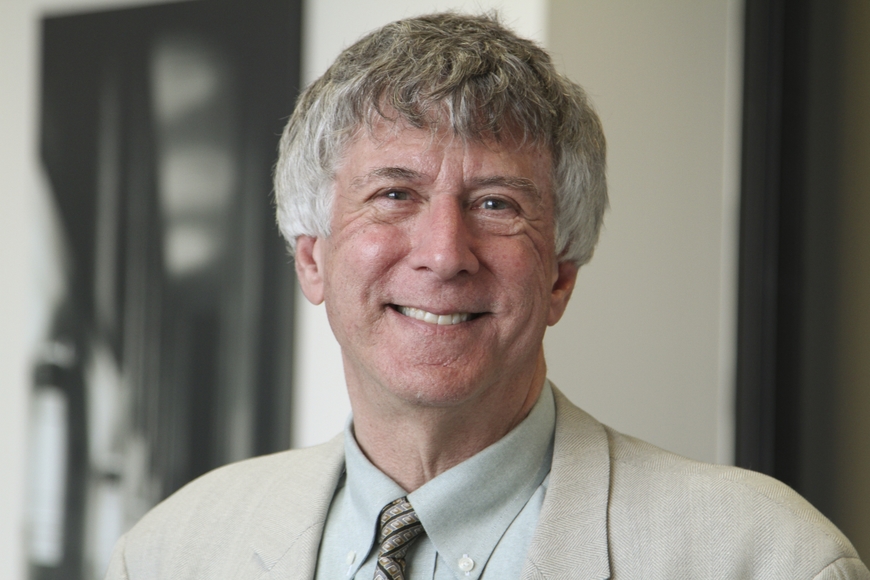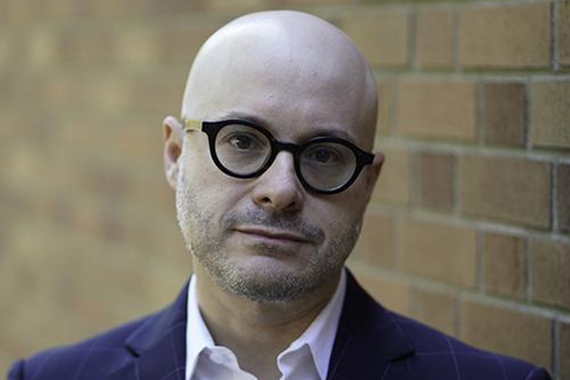People helping people - and themselves - during COVID-19
Social psychologist Mark Snyder, PhD, researches the psychology behind volunteerism and other forms of social action. During this time of global crisis, his insights regarding these pro-social actions, and the motivation that drives people to help others is particularly relevant.
From a theoretical and empirical perspective, Snyder explores the motivational foundations of people’s decisions to volunteer and continue their service. In doing so, he examines the benefits and costs of volunteerism across a wide range of targets and levels. Snyder’s research shows that tangible benefits accrue not only to the people being helped but to the volunteers themselves and the organizations that utilize their services. Thus, he argues that volunteerism reflects one of the best sides of human nature - an active, purposeful, empowered self.
Snyder further discusses his research:
“Every day, around the world, in ways big and small, people do things to help others in need and to contribute to the good of their communities. Whether it is through giving time as a volunteer (perhaps to visit regularly with a shut-in elderly person), donating money or goods to charitable funds and organizations (perhaps to help stock the shelves of a local food bank), donating one's professional services without charge (perhaps by providing pro bono legal services), or joining an organization dedicated to a cause (perhaps, to work on environmental or social justice issues). These are but a few examples of people engaging in "social action" to contribute to the well-being of individuals and society.
In our research, focusing on the specific case of volunteerism, we ask: Who volunteers and why do they volunteer? How does volunteering benefit those who receive the services of volunteers and how do volunteers themselves benefit from volunteering? What are the effects of volunteering on communities, and the effects of community on volunteerism?. Among the more striking of our findings is that as much as volunteering (and other forms of social action) are testimonials to the widely shared values of human kindness and humanitarian concerns, the fact of the matter is that for so many volunteers it is the benefits that they personally derive from volunteering (whether it is boosted to self-esteem, meeting new friends, developing skills, advancing one's career, and the like) that sustain their volunteering, especially when the demands of volunteering (e.g., time away from friends and family) may make volunteering difficult. Moreover, it appears that volunteering builds community ties and, in turn, community ties promote volunteering.
During the current COVID-19 pandemic, as with so many challenges to the world, we are seeing an outpouring of helping. Even in communities where people must stay at home, people are finding ways to volunteer online (such as with video chat services that "visit" with those in nursing homes, volunteering to answer questions and provide advice on online "Q&A" sites) as well as donating to charities that help those in need (such as those who have lost their incomes as their places of work have been shuttered in response to the pandemic). In line with the messages of research on the psychology of voluntary action, we can expect that COVID-19 volunteering will deliver benefits to those who receive volunteer services and to those who serve as volunteers and that communities (and society) will be strengthened by the "investments" of volunteers.”
As we continue to be inundated with messages of caution and alarm during this pandemic, Snyder’s research gives us a more empowering path forward to support the well-being of others and ourselves.
Mark Snyder, PhD, is a McKnight Presidential Chair in Psychology and Director of the Center for the Study of the Individual and Society. To hear more from Professor Snyder on how people are stepping up to help in the age of the COVID-19 pandemic listen to the May 5, 2020 edition of "Dialogue Minnesota".



